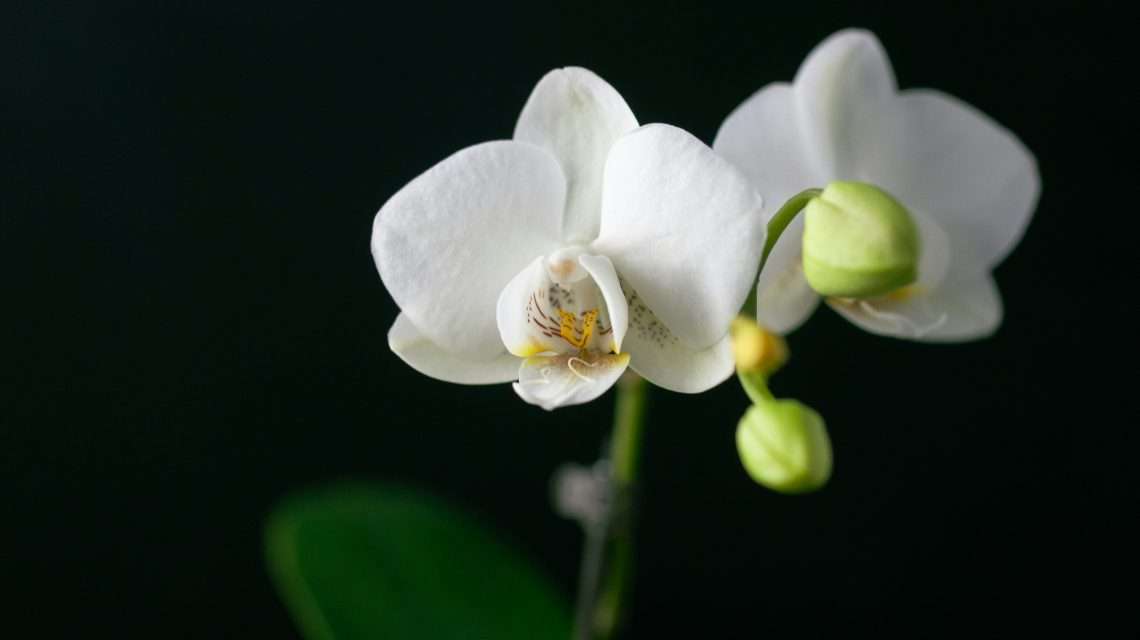Perfumes and sustainability: towards greener and more responsible 27 novembre 2025
Perfumery, long associated with enchanting scents and luxurious bottles, is now facing a new reality: the environmental emergency. Faced with growing awareness of the impact of our lifestyles on the planet, the perfume industry is striving to reinvent its practices to become more responsible. Among the emerging trends, the use of natural ingredients, waste reduction, and ethical production are now central concerns.
The trend toward natural ingredients in perfumes
One of the main concerns of consumers today is the composition of the products they use. Perfumes are no exception. Synthetic substances, which were once the standard in perfumery, are now being questioned. Many consumers are turning to more natural alternatives, looking for products that respect both their health and the environment.
Why choose natural ingredients?
Natural ingredients are often perceived as safer for the skin and more environmentally friendly. The plants, flowers, fruits, and spices used in natural perfumes offer a unique olfactory palette that stands out from the standardized scents of synthetic perfumes. In addition, the use of natural ingredients limits the environmental impact of products by avoiding the use of petrochemicals and potentially polluting substances. However, the production of perfumes based on natural ingredients also poses challenges. Growing perfume plants requires resources such as water and land, and can lead to over-exploitation issues if not managed sustainably. This is where the need for ethical and responsible production comes in.
Waste reduction in the perfume industry
Beyond ingredients, another crucial aspect of sustainability in perfumery is waste management. The luxury industry has often been criticized for its excessive use of packaging, with oversized bottles, sophisticated boxes, and multiple layers of packaging. However, in a context of overconsumption, waste reduction has become a key issue for brands wishing to adopt an eco-responsible approach.
Towards more environmentally friendly packaging:
Perfume brands are beginning to adopt greener strategies to reduce the impact of their packaging. Notable initiatives include:
The use of recycled and recyclable materials:
More and more brands are turning to recycled glass bottles, reusable wooden or metal caps, and FSC (Forest Stewardship Council) certified cardboard packaging, which guarantees responsible forest management.
Refills:
Offering refills for bottles helps limit the production of new containers while encouraging consumers to keep their bottles for the long term.
Reducing packaging size:
Limiting excess packaging by reducing box size or eliminating unnecessary elements is another way to move toward more responsible perfumery.
Ethical and local production
The origin of raw materials and the conditions under which perfumes are produced are also key factors in building a sustainable perfumery industry. To meet consumer expectations for transparency, brands must ensure that their products are manufactured under ethical conditions, both for workers and the environment.
Fair and respectful practices
The cultivation of perfume plants, such as roses, jasmine, and vanilla, is often concentrated in developing countries, where working conditions can be difficult. It is essential that brands engage in fair partnerships with producers, ensuring that they receive fair compensation and work in decent conditions. At the same time, ethical production must also minimize the carbon footprint of the supply chain, favoring local crops where possible or ensuring that transportation methods are optimized.
A promising future for greener perfumery
The trend toward sustainable perfumery continues to grow, and consumers play a key role in this evolution. By choosing Hayari Paris that favor natural ingredients, reduce waste, and adopt ethical practices, you encourage the industry to rethink its practices.

